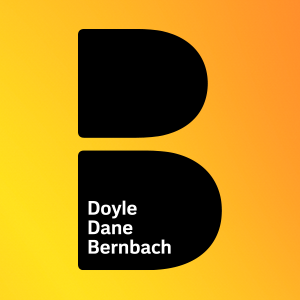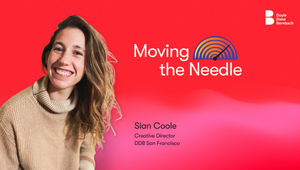
2019: Blockchain to the Rescue

Hear me out: blockchain will solve the data privacy crisis in 2019.
For some background, I’m both a consumer and a marketer who specialises in 'precision marketing', a widely overused and misunderstood term referring to the use of massive amounts of data to build and deliver 1:1 experiences for audiences that, in theory, would welcome an ad from a particular brand. It’s quite powerful in that it allows people like you and me to 'discover' products and services that we’d hypothetically be delighted to buy. However, there are some fatal flaws with this type of targeting, which uses cookies to follow people all over the web and track their 'digital identities' by collecting thousands of data points. Most people are confused about how this data aggregation works, and companies who collect this data have struggled to keep it safe, creating a fever pitch around data and privacy.
But what if there was a way for everyone to win? I think there is, which is where blockchain comes in.
There’s been a lot of hype around Bitcoin over the past five years, but the big story is around the underlying technology that powers Bitcoin: blockchain. Simply put, blockchain is a decentralised system that contains some type of immutable, shared memory. In 2013, Vitalik Buterin introduced the Ethereum Blockchain, which is a flexible and more general-purpose Blockchain that uses the Ethereum Virtual Machine to enable people to write rules into bits of code called ‘smart contracts.’ These smart contracts are unique in that they are self-executing, real-world agreements between people or groups that rely purely on the agreed upon rules being triggered within the code to execute the contract -no third party required. Smart contracts can also never be altered, and there’s a permanent record of all activities within each contract.
So how can the Ethereum Blockchain and smart contracts be used to protect data and improve ad targeting? It boils down to Permission and Cryptography. In a recent study conducted by the McCarthy Group, 84% of millennials stated they don’t like traditional advertising, and what’s more, they don’t trust it. But by using smart contracts that run on the Ethereum Blockchain, advertisers can ask permission to use cookies in order to construct a digital profile of each user who opts in. Users can control the types of data they are willing to share, and will then get paid via small amounts of Ether every month, depending on the amount of data shared and number of ads served. Allowing people to own and monetise the use of their digital identities would empower advertisers to build more complete and accurate consumer profiles, and prevent click fraud and media spend inefficiencies by squeezing out intermediaries.
2019 is all about permission and digital profile monetisation. Advertisers need to embrace this if they want to earn attention. My prediction is that big names in advertising like Facebook and Google will race to deliver the first blockchain-based ad solution.
Regina Scolaro is director of digital at DDB San Francisco













